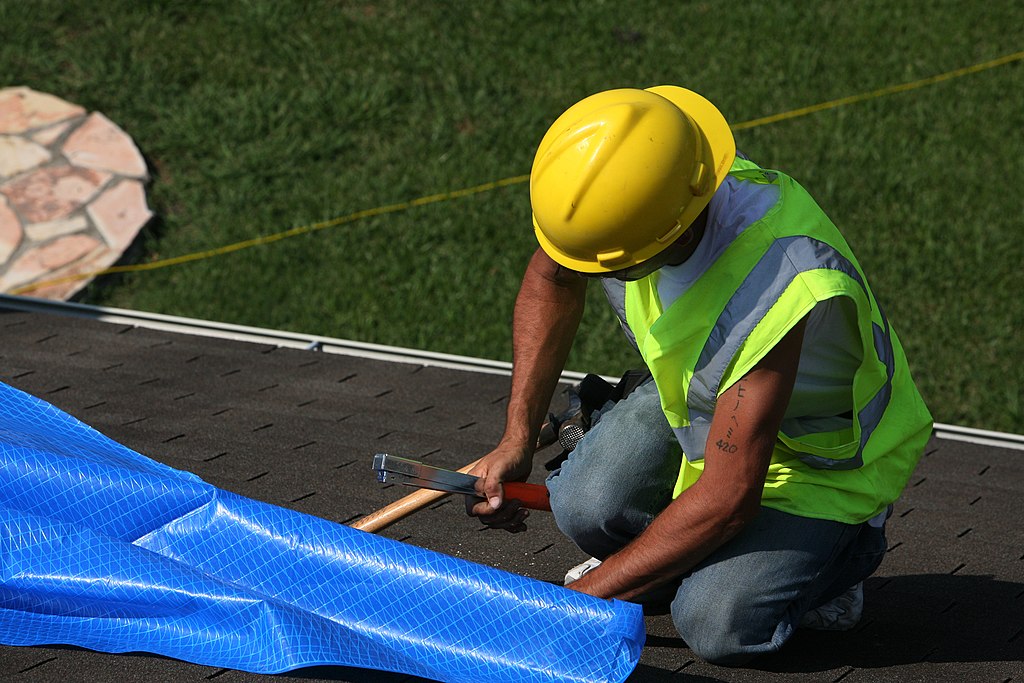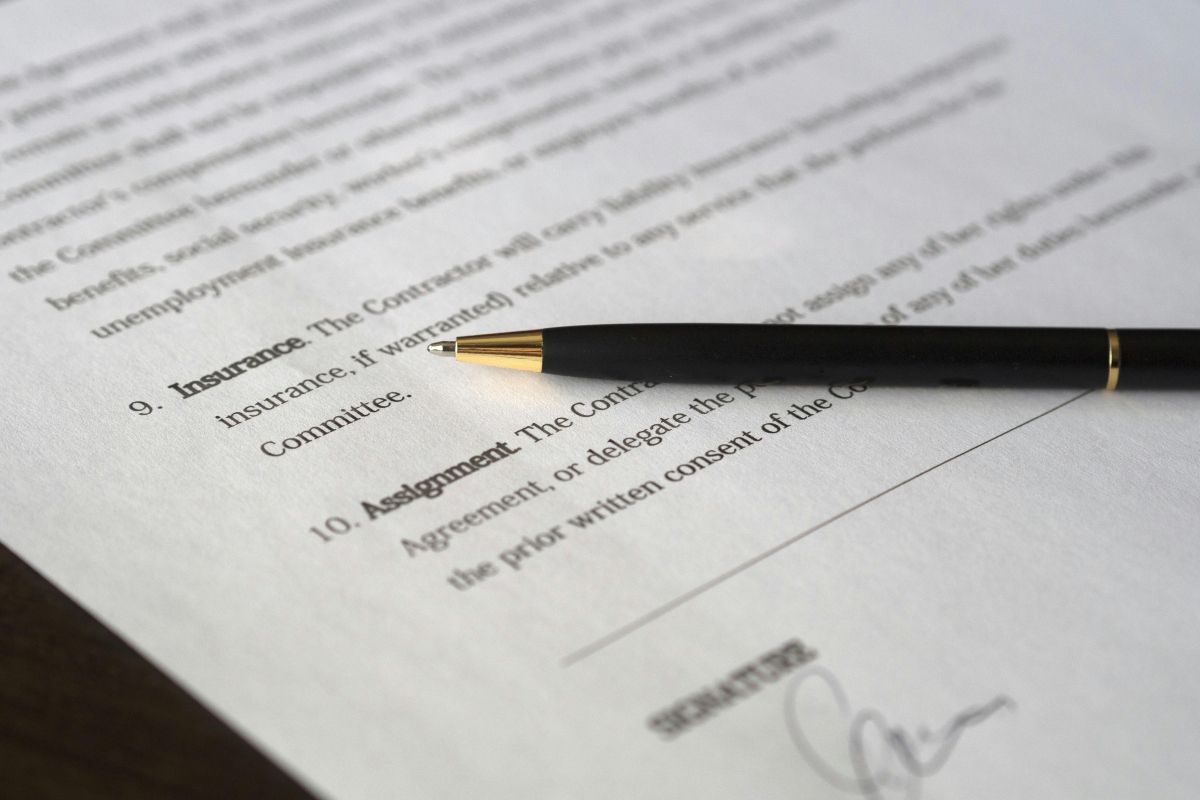
Washington Contractor Registration: Bond & Insurance Basics

Contractors in Washington play a pivotal role in building and maintaining the state’s impressive infrastructure, from the busy streets of Seattle to the charming neighborhoods of Mukilteo. To uphold standards of quality and safety, Washington state requires contractors to register, carry a bond, and maintain adequate insurance coverage. Understanding these requirements isn’t just about legal compliance—it’s about building trust with clients and protecting your business’s reputation.
Here’s what every contractor, especially roofing professionals, needs to know about contractor registration, bonds, and insurance in Washington.
Why Contractor Registration Matters
Registering as a contractor in Washington is both a legal requirement and a mark of professionalism. The Washington State Department of Labor & Industries (L&I) oversees contractor registrations, aiming to protect both consumers and businesses. Registration helps prevent unlicensed work, holds contractors accountable for their performance, and provides clear recourse for resolving disputes. For roofing contractors and other construction professionals, registration is the foundation for operating legally and accessing larger, more lucrative projects.
Contractors who skip registration risk severe penalties—including hefty fines, legal liability, and the potential shutdown of their business operations. In Washington, homeowners also tend to check contractor registration status online, making it crucial for any reputable business looking to grow locally.

Key Requirements for Contractor Registration in Washington
Before any contractor can legally take on jobs in Washington, they must fulfill certain requirements:
- Business Structure: First, decide on a business structure (sole proprietorship, LLC, corporation, etc.) and register it with the Washington Secretary of State or Department of Revenue as needed.
- Tax Registration: Obtain necessary tax IDs, such as a UBI (Unified Business Identifier) number, through the Washington Department of Revenue.
- Application Submission: Submit a completed contractor registration application to the L&I, along with the required supporting documents.
Two critical components of the application process are obtaining a contractor bond and securing general liability insurance.
Understanding Contractor Bonds
A contractor bond acts as a safety net for your clients, ensuring compensation if your business fails to meet its contractual obligations, fails to pay subcontractors or laborers, or violates state regulations. It’s a requirement for obtaining and maintaining your contractor registration in Washington.
Types and Amounts of Bonds
Washington law requires different bond amounts depending on the type of contractor:
- General Contractors: Must post a $12,000 surety bond.
- Specialty Contractors: Typically post a $6,000 surety bond.
Roofing contractors generally fall under the “specialty contractor” category. However, if your business provides both general and roofing services, the higher bond amount may be required. The bond serves as a financial guarantee, not insurance; if a claim is paid out, the contractor must reimburse the surety company.
Why Bonds Protect Everyone
Having an active bond proves your commitment to ethical business practices. It reassures property owners that there’s recourse if something goes awry, strengthens your bids on projects, and helps build a strong reputation in your community. For any reputable roofing business, maintaining an active, compliant bond is just as crucial as maintaining your roofers’ safety certificates.
Contractor Insurance: Protecting Business and Clients
General liability insurance is mandatory for all registered contractors in Washington and provides critical financial protection to both your business and your clients. This insurance covers damages resulting from bodily injury, property damage, and related risks that may occur during a roofing job.

Minimum Insurance Coverage in Washington
State requirements for contractor insurance are clear:
- General Contractors: Must carry at least $200,000 in public liability and $50,000 for property damage, or a combined single-limit coverage of $250,000.
- Specialty Contractors: Must meet the same minimum liability insurance standards.
Many reputable roofing contractors opt for coverage amounts well above the minimum to safeguard against unexpected accidents or extensive claims. Higher coverage demonstrates a commitment to client safety and is frequently required for larger projects or commercial work.
Certificates of Insurance
Upon registration, contractors must submit a certificate of insurance to the Washington Department of Labor & Industries. Keeping this certificate current is essential—lapses or cancellations can result in immediate registration suspension.
Steps to Register as a Roofing Contractor in Washington
Successfully becoming a registered roofing contractor involves:
- Choosing a Business Name and Structure: Select and register a unique business name and structure.
- Securing a Surety Bond: Contact an approved bonding company to obtain the required surety bond.
- Obtaining Liability Insurance: Work with an insurance provider to meet or exceed state coverage requirements.
- Submitting Paperwork and Fees: Complete the application, attach proof of bond and insurance, and pay registration fees.
- Renewal and Maintenance: Contractor registrations must be renewed every two years; always ensure bond and insurance policies remain active.
Staying up-to-date with changing state laws and documentation keeps your business in good standing and prepared for future opportunities.
Registration Pitfalls and Best Practices
There are challenges that contractors, particularly newcomers, may encounter:
- Not maintaining continuous bond or insurance coverage can lead to suspension.
- Failing to update business or contact information may hinder communication and renewal notices.
- Working under another business’s registration or letting someone use your credentials is strictly prohibited and risks heavy penalties.
To avoid issues, maintain open communication with your insurance and bond providers, keep records organized, and regularly verify your registration status on the L&I website.
Local Insight: Supporting Roofing Projects in Mukilteo, WA
In a city like Mukilteo, WA, homeowners and businesses prize quality workmanship and reliability—especially for roofing projects that protect properties from the Pacific Northwest climate.
ShieldPro Roofing exemplifies the value of meeting all Washington state requirements, including rigorous bond and insurance standards.
These safeguards not only ensure every project is completed with professionalism but build lasting community confidence and business success for roofing contractors in Mukilteo and beyond.

